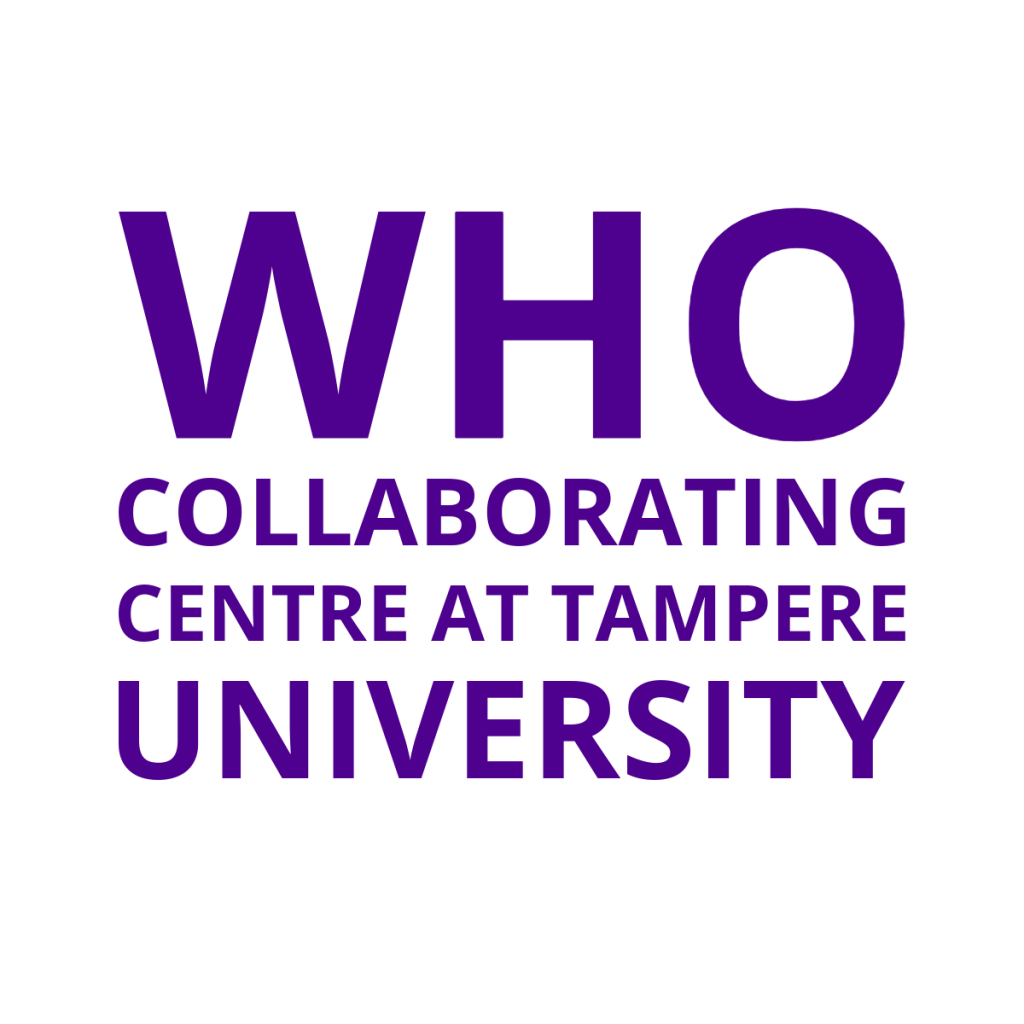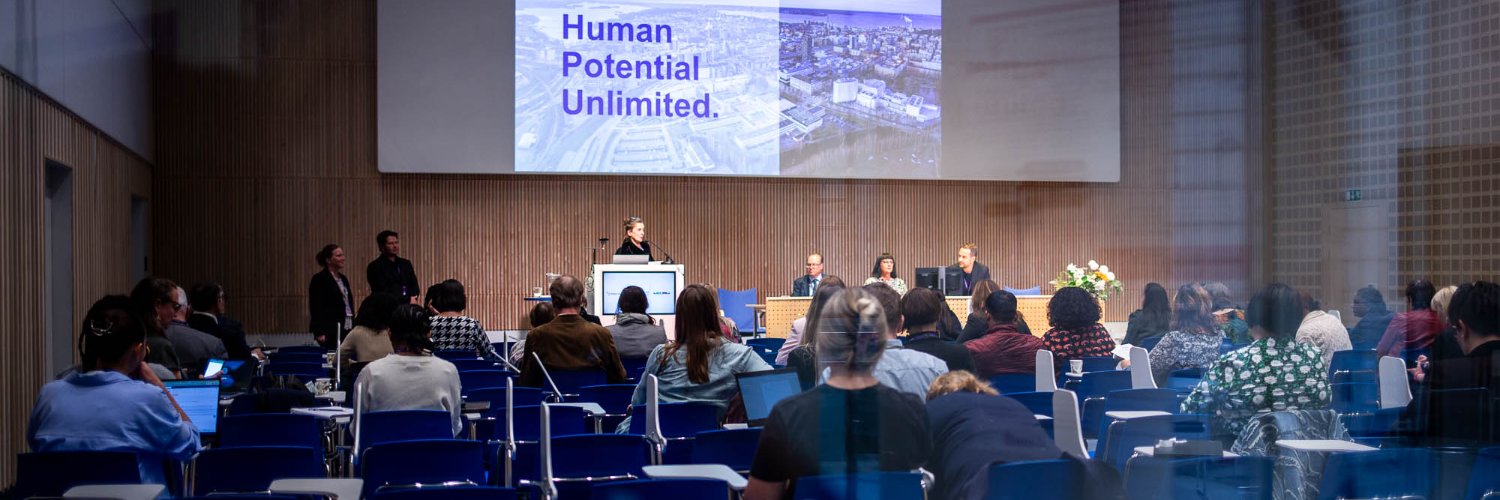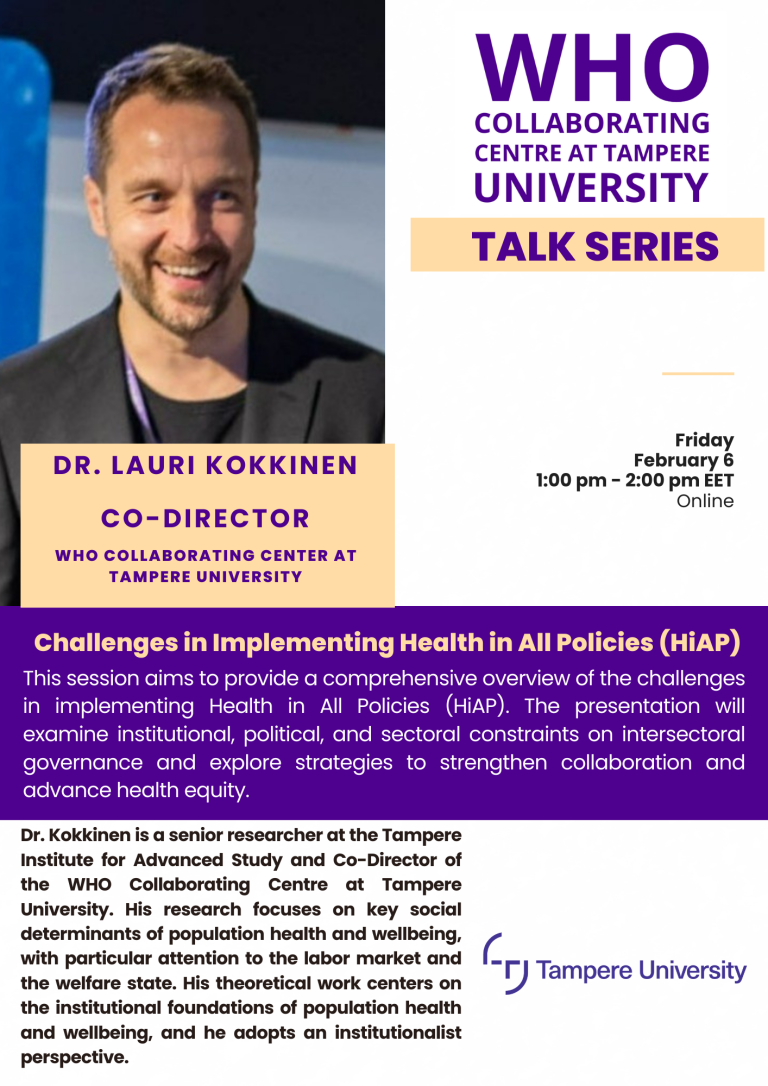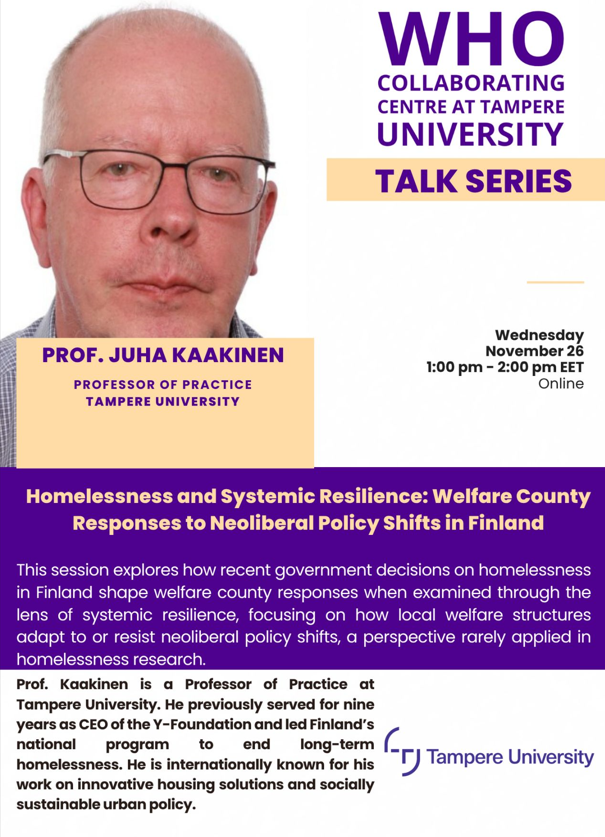
Introduction to our Centre's key activity areas
What are WHO Collaborating Centres?
The World Health Organization (WHO) Collaborating Centres are pivotal institutions designated by WHO to support WHO programs across various domains. They serve as hubs for information dissemination, standardization, research, and training. Ranging from research institutes to academic entities, these centres are instrumental in supporting WHO’s diverse initiatives.
Dating back to the establishment of WHO, collaborating centres contribute to global health by strengthening national health systems and promoting collaboration between countries and regions. Through strategic partnerships, they enhance WHO’s capacity to address emerging health challenges while contributing to knowledge and promoting knowledge exchange and collective action worldwide.
WHO collaborates with over 800 institutions across more than 80 countries.
Where are the Collaborating Centres located?
The data regarding WHO Collaborating Centres (CCs) highlights diverse global and regional distribution.
As of 2024, the United States leads with the highest number of CCs at 68, followed closely by India with 59 and China with 56.
In Europe, the United Kingdom takes the lead with 50 CCs, followed by Italy (26) and Germany (26), significantly contributing to global health research and cooperation.
The Nordic region also shows active participation, with Sweden and Norway each having 8 CCs, while Finland and Denmark have 4 and 3 respectively. These centres play a crucial role in fostering international public health initiatives, providing expertise, and enhancing collaborative efforts worldwide and within Europe.
WHO Collaborating Centre at Tampere University
At Tampere University, we are proud to be designated as a World Health Organization Collaborating Centre (WHO CC), focusing on Health in All Policies (HiAP) and Social Determinants of Health (SDH).
Our Centre is committed to supporting international research and knowledge translation for Health in All Policies and Social Determinants of Health. Our vision is to strengthen intersectoral action and ensure that health and its social determinants are integral considerations in all policymaking across sectors.
What We Do
Research: We conduct interdisciplinary research to better understand the social, economic, and environmental determinants of health disparities and inequalities. We recognize that healthy lives depend not only on individual actions but also on the collective efforts of politics, policies, and actions addressing the multifaceted determinants of health, including political, economic, social, environmental, and commercial factors. Our centre explores the intricate relationship between global factors and the health and welfare of individuals and populations through an interdisciplinary approach.
Training and Capacity Building: We design, develop, and deliver training programs, workshops, and seminars to enhance the capacity of policymakers, practitioners, and researchers in integrating a health equity lens into policy development and implementation.
Technical Support: We provide technical assistance to WHO and consultancy services to governments, organizations, and communities seeking to implement Health in All Policies approaches and address social determinants of health at local, national, and global levels.
Key Focus Areas
1. Social Determinants of Health (SDH): We investigate the complex interplay between social, economic, and environmental factors that shape health outcomes and contribute to health inequities. Our research aims to identify strategies for addressing these determinants to achieve health equity as well as their impact on people’s lives.
2. Health in All Policies (HiAP): We are interested in research on the intersectoral and multisectoral public policies on health determinants to improve accountability of policymakers for health impacts on all levels of policymaking. Our aim is to examine, evaluate, and support policy processes that lead towards improved health and wellbeing for all.
Collaboration and Partnerships
We collaborate with national and international partners, including academic institutions and government agencies to leverage expertise and resources for advancing our shared goals of health equity and sustainable development.
Get Involved
We invite you to explore our website to learn more about our initiatives, research projects, upcoming events, and opportunities for collaboration.



